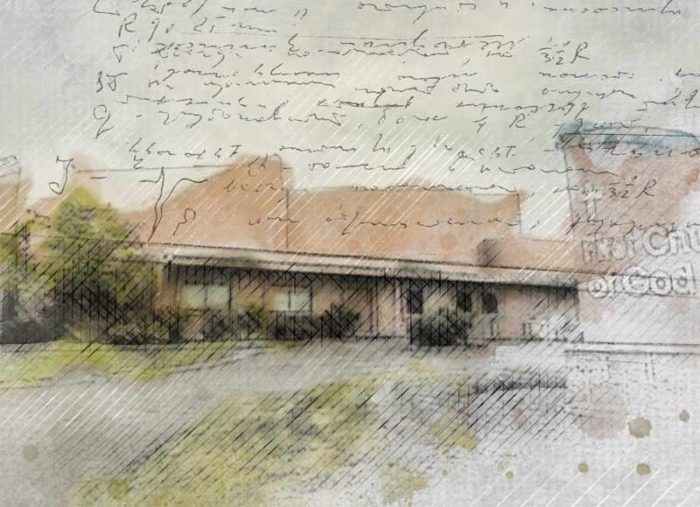As I grew up in the Northern Virginia area, I had no idea that children were being bought and sold for sex up and down the I-95 corridor just miles away from my childhood home and eventual college campus. I, like many people, was introduced to the issue of sex trafficking by unwittingly watching a documentary. Outraged by realities I had never been forced to consider, I immediately wanted to take action and create change. When it comes to an issue as vast as sex trafficking, it can be daunting to know where to even begin. You have passion, ideas, and know you can make a difference. If the question is “where do I start?” the answer is simple: where you are.
[easy-tweet tweet=”If the question is “where do I start?” the answer is simple: where you are.” user=”sharedhope” hashtags=”HTAwarenessMonth” url=”http://bit.ly/2knVDhJ”]
Being a student activist can be tough, but is not impossible. In an attempt to positively channel my outrage about sex trafficking, I worked directly with my university to start a grassroots effort within my campus community designed to develop student activists engaged in educating others about the realities of sex trafficking. Our group worked to provide our community with informational materials, documentary screenings on campus, and open conversations about difficult topics. While researching anything and everything I could find on the issue, I found Shared Hope’s website and was amazed by not only the scope of their work, but also the amount of resources available to me at no cost. Later that year I applied to the Arlington, VA office internship program for the summer 2013 semester and was selected; it’s an understatement to say that my internship experience at Shared Hope changed my life.
[easy-tweet tweet=”Young people are the future of the anti-trafficking movement.” user=”SharedHope” hashtags=”HTAwarenessMonth” url=”http://bit.ly/2knVDhJ”]
I am now a Shared Hope staff member, but because of my internship experience, one of my absolute favorite parts of my job is coordinating the Arlington, VA office internship program. Young people are the future of the anti-trafficking movement and their engagement is critical. Our interns consistently amaze me with their hard work, eagerness to learn, and unlimited talents. Each and every one of our incredible interns has played a crucial role by donating their time, contributing new ideas, working extensively with SHI staff on emerging projects. As a young person, it is imperative for you to know that your passion and efforts matter, your voice and experience matters, and you matter more than you know in the fight to combat sex trafficking. Shared Hope has quarterly undergraduate internship programs in both offices (Vancouver, WA and Arlington, VA) and would love for you to apply.
Learn more about our internship program and view application requirements: http://sharedhope.org/about-us/join-our-team/internship/
By Katie Shaver – Shared Hope International Program & Intern Coordinator
 The same law enforcement officers had come to hear Linda Smith share about the signs of trafficking, how it happens, what makes a kid vulnerable and what any citizen can do to help. When those uniformed officers left, they knew what they had been seeing, but hadn’t known what it was. Now they began to see what had been in front of them all along.
The same law enforcement officers had come to hear Linda Smith share about the signs of trafficking, how it happens, what makes a kid vulnerable and what any citizen can do to help. When those uniformed officers left, they knew what they had been seeing, but hadn’t known what it was. Now they began to see what had been in front of them all along.





